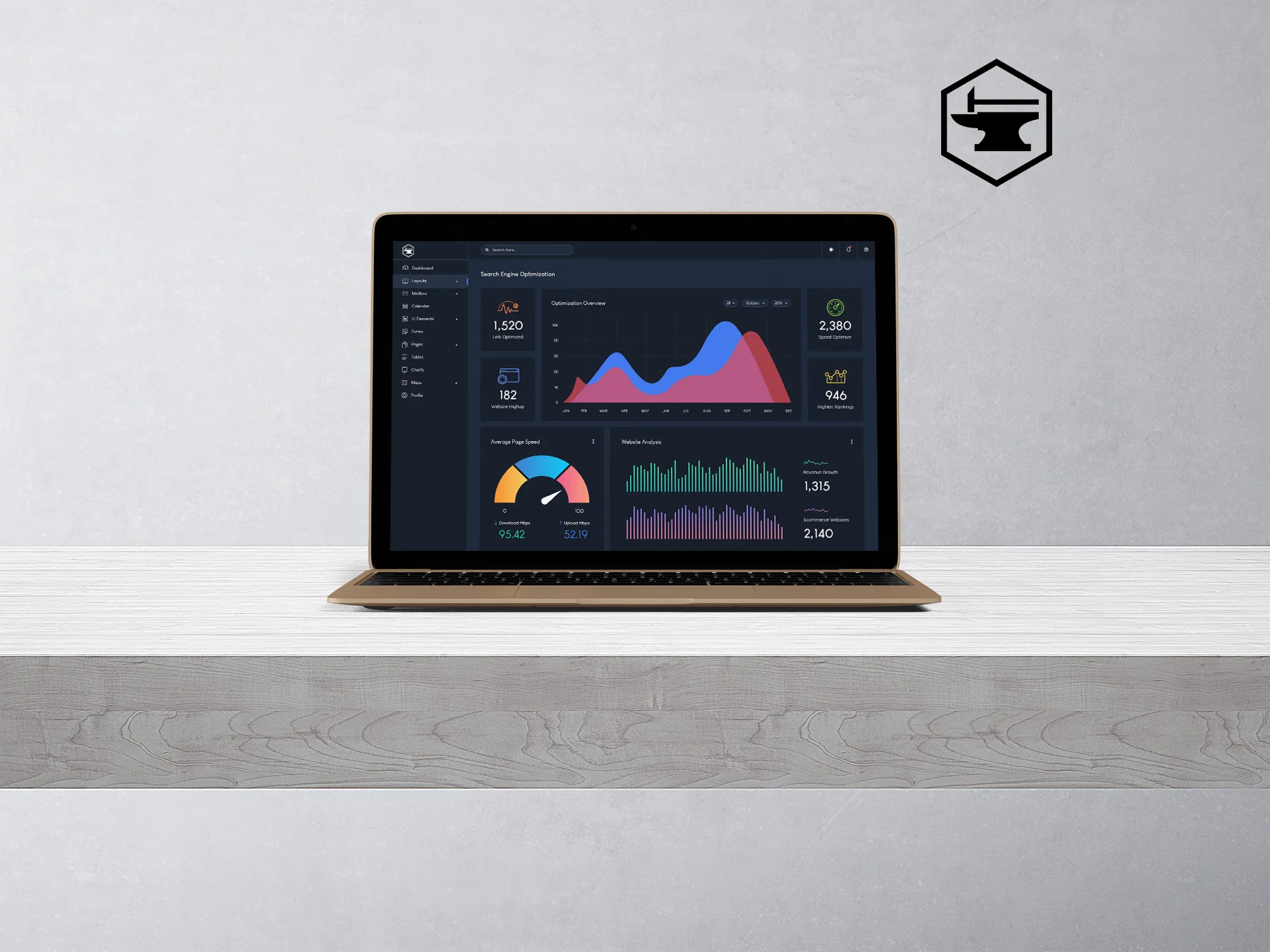Just like any other professionals, successful SEOs rely upon high-quality tools. These products don’t just help us analyze our partner’s websites and traffic, they also provide us with important information about market competition and visitor behavior. Added together, these insights tell us what we need to know to make websites rank higher in search engines, attract the right audience, and convert visitors into customers.
Take a moment to read a brief summary of our four favorite SEO tools.
1. SEO Spider
We think SEO Spider gives us the best way to audit a site in order to quickly spot opportunities to improve. Some examples of the information this SEO tool offers include page titles, descriptions, and other meta data, broken links, duplicate pages, redirects, and robot files.
Even though large websites will cause SEO Spider to generate a tremendous amount of data, the software presents all of this information in a way that’s easy to understand and act upon.
2. Moz
Moz Pro provides SEOs with an all-in-one solution that includes many of the most important website analysis tools. Like SEO Spider, it has its own version of site auditing reports, and it’s often helpful to get another perspective.
Most important, Moz allows us to find existing backlinks and see an estimate of the domain authority that major search engines assign to the site. Sorting and filtering reports lets us to view information from the best angle for the question at hand. The keyword research feature shows us more opportunities to gain additional visibility for websites.
3. Ahrefs
Out of all the backlinks tools, SEOs laud Ahrefs for keeping the largest database of site links. Not only does this tool display a website’s backlinks, it also offers information about their relative strength and which ones the site has gained or lost.
Besides backlinks, Ahrefs displays such social metrics as likes, tweets, and shares. It’s easy to get started with the intuitive, user-friendly interface too. The keyword ranking features allows us to view rankings by geographical area, language, and even for mobile devices.
4. SimilarWeb
While we can also use the previous tools to gather data about client websites and competitors, we rely upon SimilarWeb’s business intelligence features to truly understand markets, customers, and competitors. For instance, we can compare a website’s traffic to a competitor’s to uncover new tactics to grow an audience and expand business. More than other tools, SimilarWeb also allows us to understand website visitor behavior.
The interface provides such website metrics as traffic, bounce rate, visit length, and even audience interests and geographic area. Besides the ability to customize reports for various industries, SimilarWeb offers an API for integration with other software, plus it works with both websites and mobile apps.
Choose a Top SEO and Web Design Partner
Just as with any craft, the right tools help; however, in experienced hands, this kind of SEO software can do much more. We can consolidate the information from these four tools to increase organic search ranking and achieve other critical business goals as improving user experiences, brand image, and of course, conversions.

